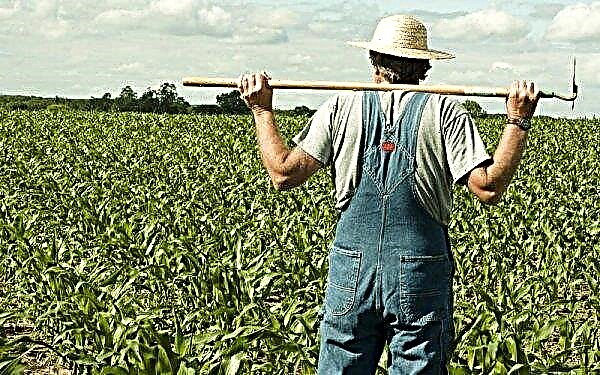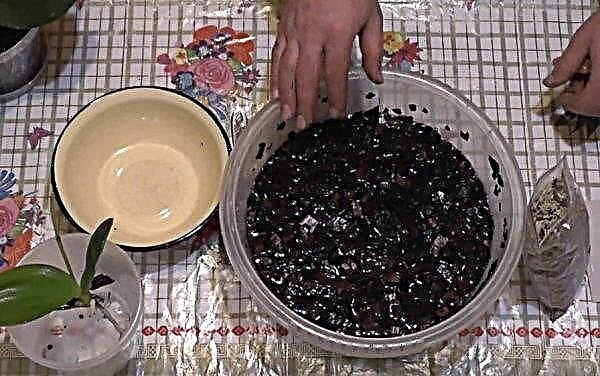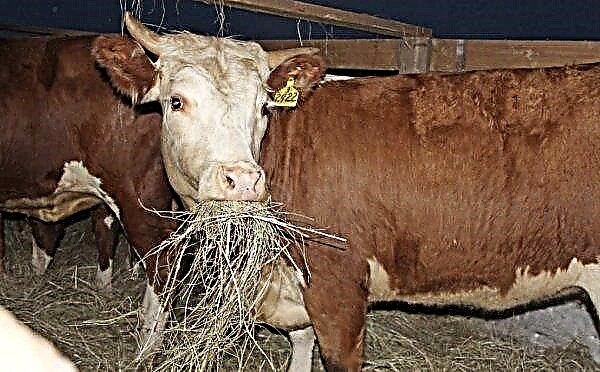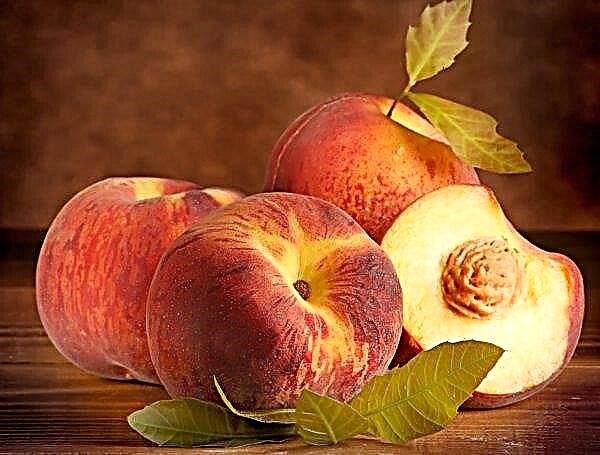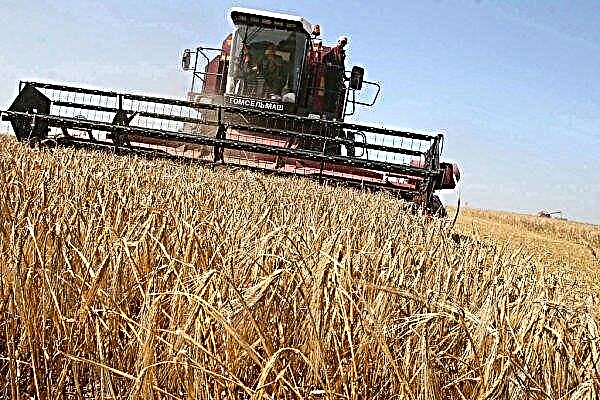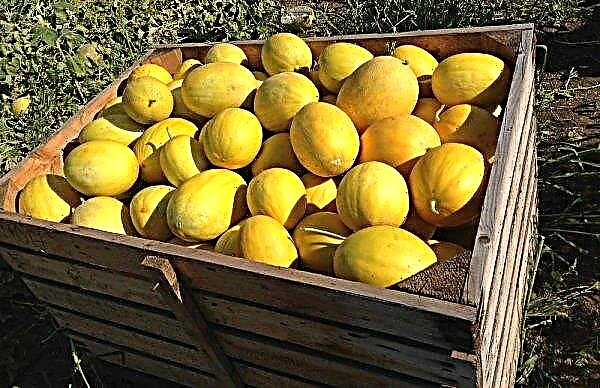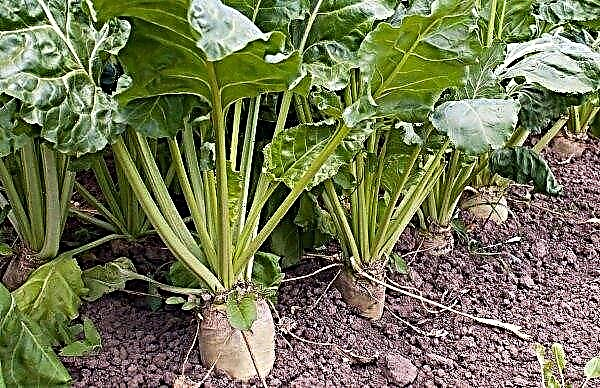A number of companies are working on innovations in meat production, and Memphis Meats was the first to offer chicken sticks to restaurant guests whose meat they got from the laboratory.
Excessive meat consumption from intensively farmed industrial livestock is a growing problem in the world.
According to the FAO, livestock accounts for 14.5% of all greenhouse gas emissions. 1/3 of the world's sown area is used to produce the billions tons of food needed to feed livestock, mainly for monocultures of soy and corn, and up to 23% of our fresh water available worldwide is used for livestock production.
Cultivated, also known as artificial meat in vitro, the product was obtained from cells of domestic animals.
The cultivation process begins with the removal of cells without damage, after which, under controlled conditions, muscle cells, connective tissue and adipose tissue, as well as blood cells, are created in the bioreactors.
All four parts are then combined in a certain proportion and combined into a structure. The result is a piece of meat identical to the animal.
 The maximum period during which meat can be stored in the freezer is 6 months, during which the meat will lose its quality. After a year, it will be neither tasty, nor even more useful.
The maximum period during which meat can be stored in the freezer is 6 months, during which the meat will lose its quality. After a year, it will be neither tasty, nor even more useful.
A number of companies are working on innovations in meat production, and Memphis Meats was the first to offer chicken sticks, the meat of which was obtained in the laboratory for restaurant guests. They also managed to grow duck meat and pork, which were immediately formed into bowls.
Like any other food produced in the EU, this product is also subject to inspection by the European Food Safety Authority (EFSA).
Chris Bryant, director of the British Society for Cellular Farming, said that new meat could appear on the market by 2022. The EU and EFSA should play a key role in ensuring such production in the world.
The new breeding technology is supposed to significantly help protect the environment, reduce water use, reduce greenhouse gas emissions and possibly ideological conflicts between vegetarians and meat-eaters, the question is: what about livestock, farms, pastures?
How will farmers make money? Livestock farming is not just “meat on a plate”, and therefore it is necessary to carefully study the possible consequences that the laboratory economy will bring with it.
- The meat from the laboratory is a novelty from Russian scientists.
- The United States stocked up on meat.
- Meat scandal: 6 people died in Europe from products infected with listeriosis.
- Leading Russian butchers generously pay for information on poachers.
- Siberian meat, rice and fruit are processed in the new factory for snacks.

